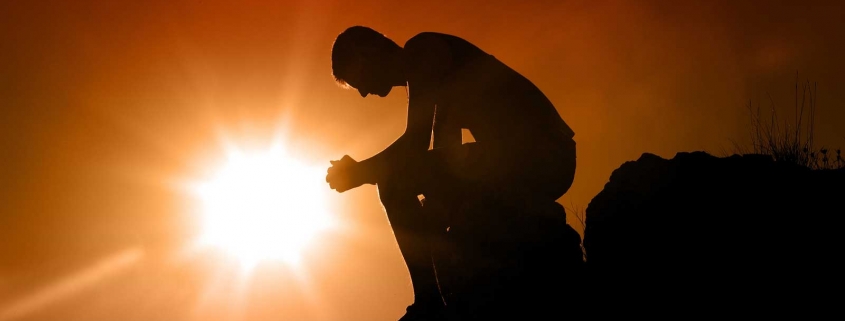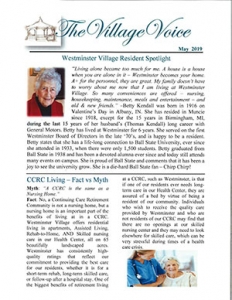Chaplain’s Corner: XCV
“Facing Your Nineveh”
So how did the Prophet Jonah end up on a Mediterranean beach smelling like a tin of sardines? It all began with a call from God that, in Jonah’s mind, was definitely not his dream job.
“Up on your feet and on your way to Nineveh! Preach to them. They are in a bad way and I can’t ignore it any longer.” But Jonah got up and went the other direction to Tarshish, running away from God. He got on a boat in Joppa and proceeded to get as far away from God as possible.” (Jonah 1-3)
Nineveh which was east of Israel was the capital of Assyria, one of the ancient world’s evil empires. The Ninevites were decidedly lacking in people skills. After they annihilated an enemy city, Assyrian soldiers would typically leave behind a pyramid of human heads as a warning to their neighbors. Jonah was so excited about working with this group of people that he immediately headed in the opposite direction.
So Jonah bought a one-way ticket to the farthest point west he could imagine. At that time it was a place called Tarshish. We don’t really know where Tarshish was located exactly. Presumably it was near Spain. King Solomon imported from Tarshish gold, silver, ivory, monkeys and peacocks. In the popular imagination it became a synonym for paradise.
Perhaps God has called you, in one way or another, to go east. But all you want to do is head west. Perhaps you made a promise to be there for a life partner or a friend in sickness. But you didn’t realize how hard it would be to love that person when actual sickness, sorrow, and want showed up. Now you’re standing in line to buy a ticket to Tarshish, where you’ve heard that relationships are problem free.
Right here at Westminster Village God may be calling you to make a new friend or spend time with a resident that is struggling with loneliness because they are new to the Village. Perhaps you have some ideas for activities or the administration but feel you won’t be heard and so it’s easier to not listen to God’s call within you to be a difference maker.
But as the story of Jonah reveals, sailing west when God calls us to go east means heading into turbulence. In Jonah’s case that became a literal experience. A violent storm overtook the boat on which he was making his escape. So Jonah made a difficult choice. He cancelled his trip to Tarshish. “Throw me off the ship,” he told the crew. They were terrified to do so. The prophet may have assumed that his life was now over. But as Jonah 1:17 tells us, “The Lord provided a huge fish to swallow Jonah.” Three days later the fish barfed him up on the shoreline of the most compelling Scripture texts for any kid who’s ever felt bored in Sunday School.
You may need to make an exceedingly difficult choice too.
Stop believing the many lies on the news today. Face your shortcomings. Believe the Gospel of grace and love. You’re not a victim. The running stops today.
Jonah showcased one of life’s key lessons: It’s always safer to be treading water in God’s ocean than to be on a cruise ship heading in the wrong direction.
Faithfully,
Ron Naylor, Chaplain











